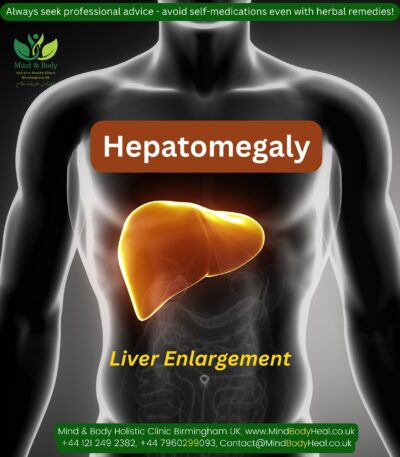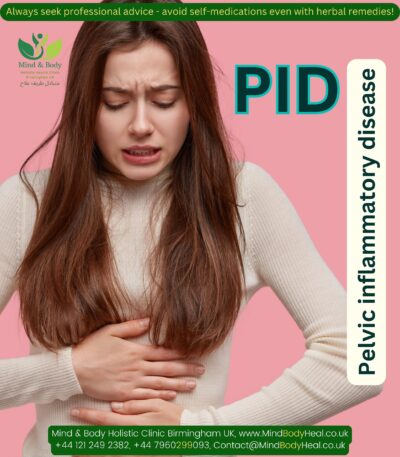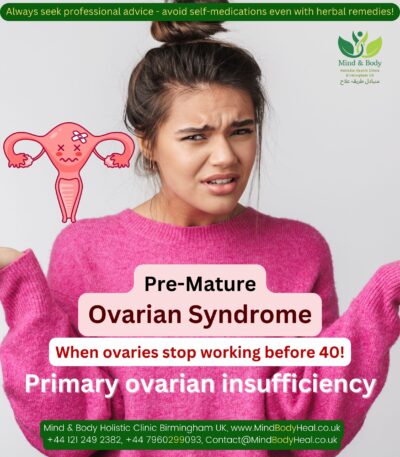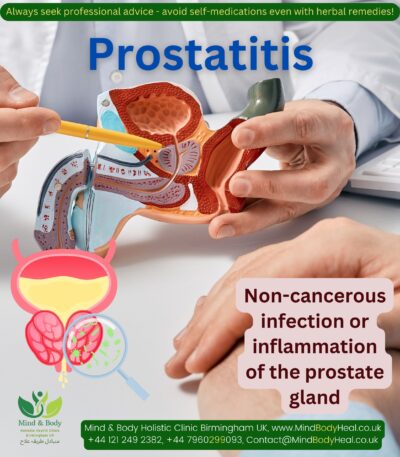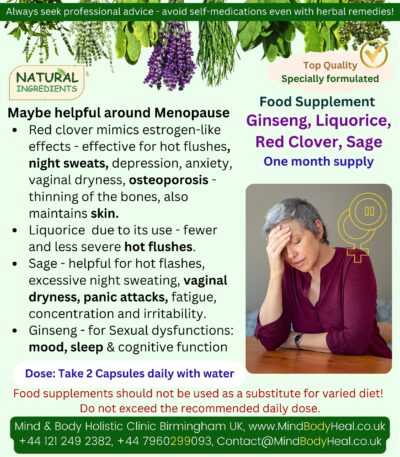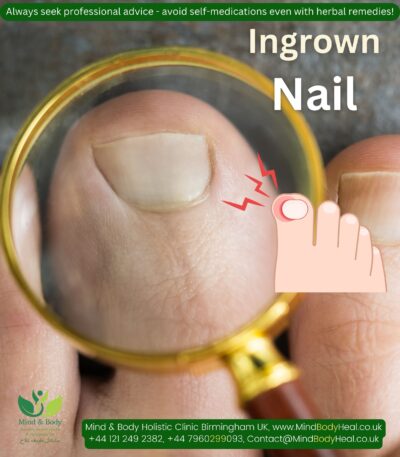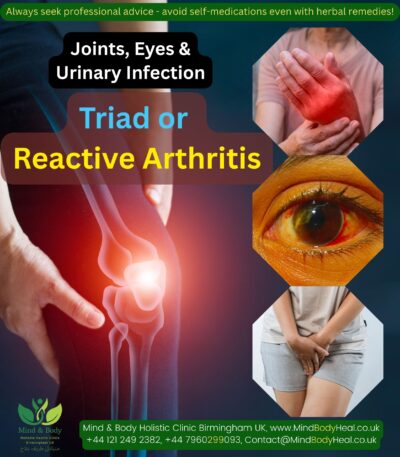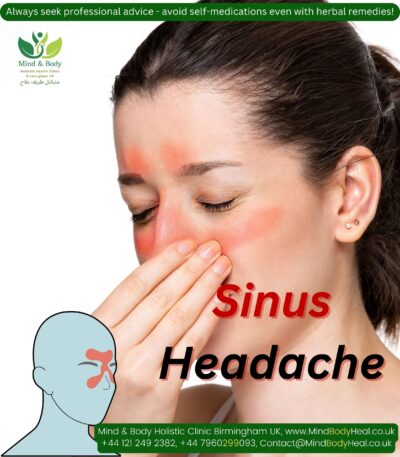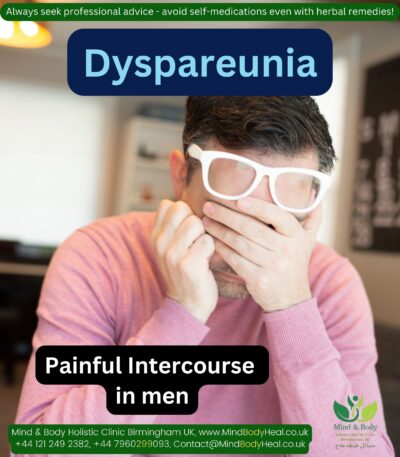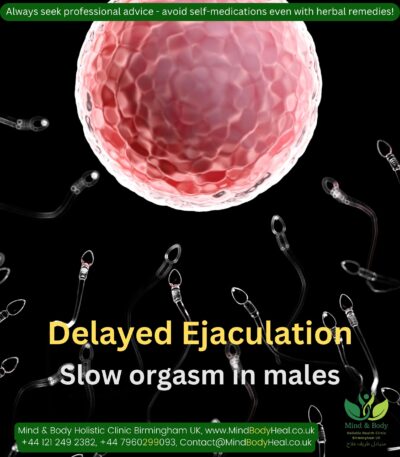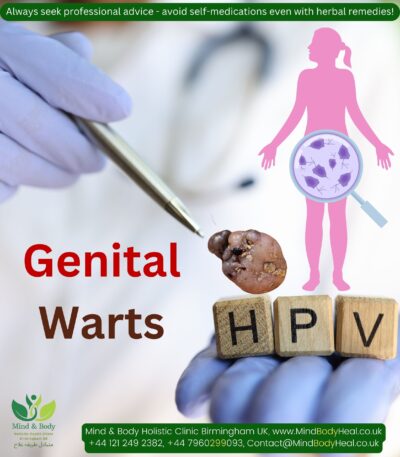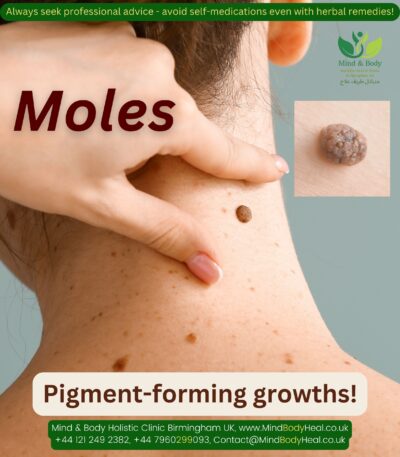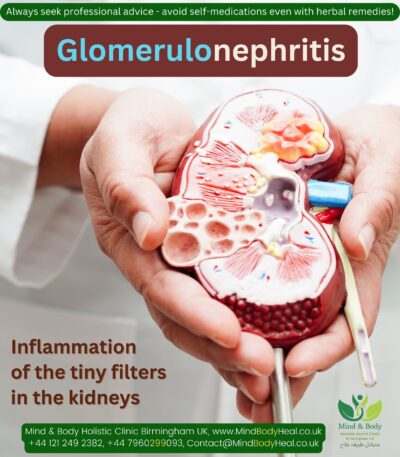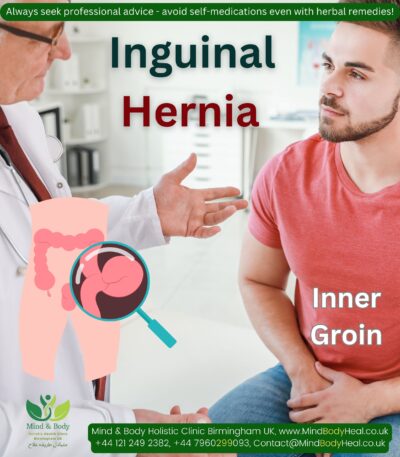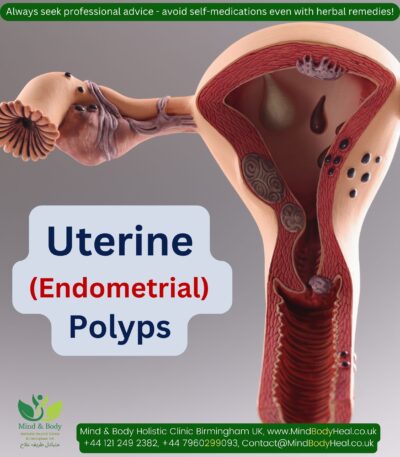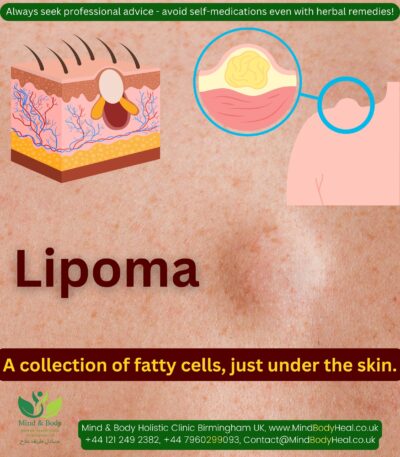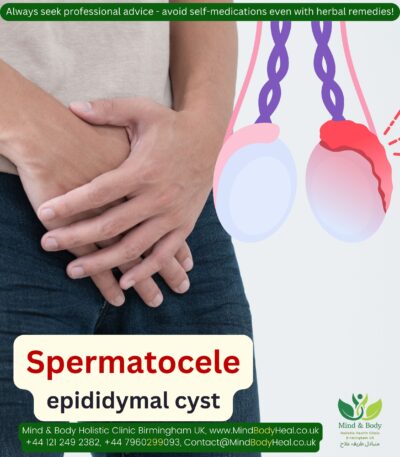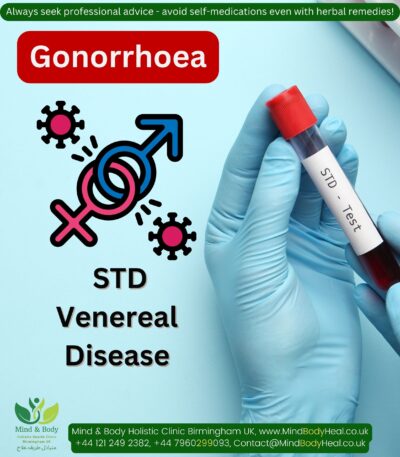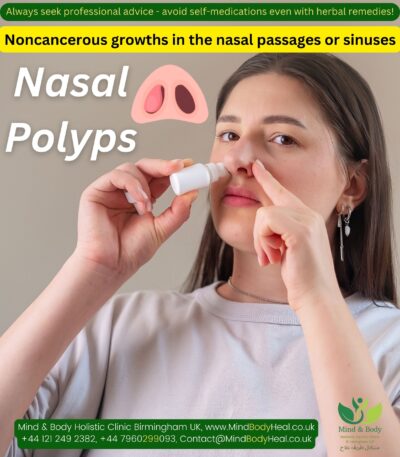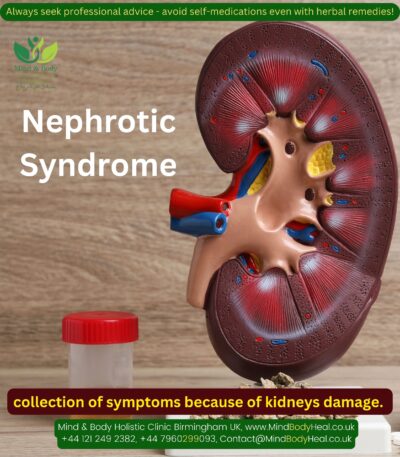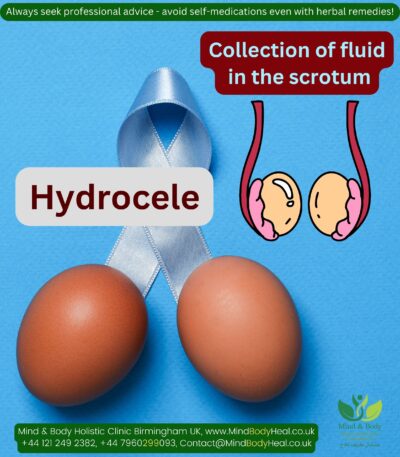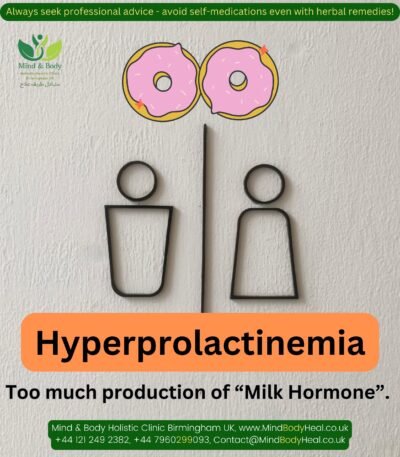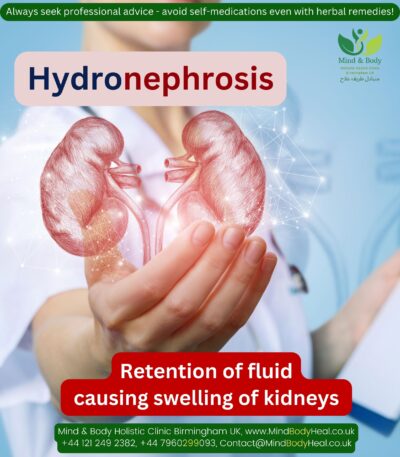Kidney Stones / Urinary Calculi (Cystine Or Uric Acid Stones)
Urinary, kidney or bladder stones are hard lumps of minerals that can form inside the urinary system.
The formation of these crystals and calculi are due to mineral deposits in urine are known as urinary calculi, when formed in kidney are known as kidney stones but they can form anywhere in the urinary tract and they are named depending on the site where they are formed.
Healthy urinary tubes are smooth, and these accumulated crystals do not settle on them and usually pass through easily, but if the urine is over-concentrated, the size of these particles enlarge and turn into ‘gravel’, and they may attach to the lining walls and continue to grow into stones. As compare to small stones, the large stones cannot pass easily and can cause varying degrees of pain while passing and may cause complete blockage.
If urine stays in the bladder for a long time, chemicals in the urine form crystals – insoluble materials, such as uric acid and calcium oxalate – which harden into bladder stones.
Most of the time, stones form when calcium combines with oxalate or phosphorous, but excess uric acid can also lead to stones.
Uric acid – a waste product that normally passes out of the body in urine. About 10% of kidney stones are made of uric acid. Cystine stones are formed from cystine, an amino acid that is found in protein. Less than 1% of kidney stones are made from cystine.
Men are more prone to kidney stones than women and they are most likely to occur between the ages of 20 and 40!
FOODS THAT MAY CAUSE KIDNEY STONES
Foods high in calcium oxalic acid – spinach, rhubarb, tomatoes, collards, eggplant, beets, celery, summer squash, sweet potatoes, peanuts, almonds, blueberries, blackberries, strawberries, parsley, and cocoa.
Grapefruit juice – Can increase the risk for kidney stones.
Processed red meats – Can cause the body to excrete calcium, leading to a build-up of calcium in the kidneys.
Calcium rich foods – Conventional dairy products like milk and processed cheese that can cause a build-up of calcium.
Caffeine is dehydrating which can make kidney stones worse.
OTHER POSSIBLE CAUSES
- Low fluid / water intake – dehydration
- High intakes of sodium and protein – particularly animal protein
- Regular use of cranberry concentrate tablets
- Chemicals in urine, such as uric acid, phosphorous, calcium and oxalic acid
- Mineral imbalance
- Gout
- An improper diet.
- Prolonged use of extremely excessive doses of Vit D
- pH imbalance
- Allergies
- Obesity
- Inactivity / sedentary lifestyle
- Family history of kidney stones.
- Hot climate / working in hot environment.
- Deficiency of vitamin B6 and magnesium.
- Hereditary diseases cystinuria (high homocysteine level) / renal tubular acidosis develop kidney stones.
- Cystine stones: usually develop in children.
- Cystic kidney disease.
- Hormonal disorder.
- Drugs used to treat HIV.
- Low urine output.
- Blockage of the urinary tract.
- High intake of alcohol.
- Results from a problem in metabolizing purines.
- Inflammatory bowel disease.
- Urinary tract infection.
SIGN AND SYMPTOMS
Kidney stones may not indicate any symptoms if they are very small and be passed out of the bladder when pee.
However, if they are large enough most people do experience symptoms like:
- Sudden onset of lower abdominal pain
- Sharp, cramping pains in the back and side in the area of kidney or lower abdomen.
- Pain in the abdomen radiating down to the groin.
- Pain or difficulty while peeing
- Peeing more frequently
- Cloudy or dark-coloured urine
- Blood traces in the urine
- Excessive sweating
- Restlessness
- Hard Abdomen
- Increased pulse
- Nausea & Vomiting.
- In males – excruciating pains in the testicles as the stones passes out.
- Red urine
- Pus in urine
In case of an infection along with the above-mentioned symptoms.
- Fever with Chills.
- Frequent urge to pass urine.
DIETARY MANAGEMENT
Kidney stones have tendency to reoccur, it can be prevented by some dietary changes. Depending upon the type of stones you can make necessary changes in your diet and prevent stone formation.
- Fluid intake: – Drink lots of water, fruit juice, vegetable juice and other drinks. At least 50% total fluid intake should be water.
- Drink about 3-5 litres of water as water dilutes urine and there by hinders the stone formation.
- Drink enough to ensure the passage of 2000 ml / 70 oz of urine per day.
- Never let yourself to become dehydrated. Drink more water if you are doing strenuous work or are working in hot humid climate.
- You can drink barley water and coconut water daily; it helps in removing stones.
- Drink lots of orange juice or other citrus fruit juices like – grapefruit, cranberry and grape juice. Citrus fruits especially orange juice is rich in potassium and citrate, potassium citrate is commonly used to prevent kidney stones.
- Reduce sodium intake. High sodium intake increases the risk of kidney stone by increasing urinary saturation of calcium phosphate and monosodium rate and decreases the inhibitory activity against calcium oxalate crystallization.
- Increase intake of fibre – bran, whole grains, oat, green leafy vegetables, peas, beans, potatoes, raw vegetables, salads, dried fruits and fresh fruits.
- Reduce intake of sugar as it is associated with kidney stones.
- If possible stick to vegetarian diet. Studies have shown that plant sources of oxalates and calcium are not the cause for stone formation. Diet high in animal protein affects certain minerals in the urine which aids in the formation of kidney stones.
- Avoid high purine foods. They lead to high production of uric acid. – the following foods are very high in purine and should be avoided completely:
- Anchovies, herring, mackerel, roe, sardines, scallops, shrimp, mussels, partridge, meat extracts, red meat, mincemeat, goose etc.
- Dried legumes, sweetbreads, yeast (baker’s and brewer’s), yeast extracts (marmite, vegemite).
- If possible, avoid alcohol, specially beer or limit their consumption.
- Consume moderate amount of protein. Instead of animal proteins consume plant sources of proteins.
- Limit fat intake.
- Consume lots of vitamin C; avoid crystallization of uric acid and helps in urinary excretion of uric acid.
FREE Shipping included – Usually dispatched within 1 – 2 working days!
Are you concerned about your health or managing a recurring or chronic condition?
Our website provides informed guidance and initial supportive care for individuals who are finding it difficult to access their doctors or who have not experienced desired improvement with conventional options.
We help individuals explore a range of natural and holistic healing approaches to encourage balance and long-term wellness that may complement your healing journey.
We offer a ready-to-use complementary remedies kit designed to ease discomfort and support well-being, with clear instructions for each item.
The kit includes a personalised selection of remedies based on your signs, symptoms, and likely causative factors.
It may combine homeopathic medicines, herbal or daily supplements, a tailored diet plan, lifestyle guidance, practical tips, and topical applications where needed. It’s suitable if you value the healing potential of natural, holistic remedies.
Complementary remedies work best alongside standard medical treatments and can usually be taken safely with your regular medications.
Our homeopathic remedies follow Dr. Hahnemann’s traditional dilution and succussion methods and are prepared by a qualified naturopathic practitioner, supported by research, clinical experience, and observed outcomes in similar cases. Treatment duration can range from a few weeks to several months, depending on severity and chronicity. Outcomes vary with individual factors and case complexity.
If you prefer lactose pills instead of sucrose globules, let us know. Please also provide the patient’s age so we can supply appropriately sized pills. You can simply send this via WhatsApp at 07960 299 093.
These remedies may contain trace amounts of natural plant, mineral, or animal substances, preserved in medical-grade alcohol. Inform us of any allergies or dietary restrictions before purchase.
You may contact us before starting or book a detailed consultation (in person or via teleconsultation) with one of our experienced naturopath for your detailed assessment or personalized guidance.
Natural remedies can affect the body and may not suit everyone. At the start of treatment, some patients—especially with mental health or skin issues—may experience a temporary increase in symptoms. This may represent medicinal aggravation, indicating the body is responding, though symptoms may not be connected and simply coincidental. If they persist, contact us for support.
Why some patients choose natural, complementary or holistic remedies:
• Symptomatic relief and improved well-being
• Gentle options with fewer side effects
• Whole-person focus, addressing physical, emotional, and lifestyle factors
• Root-cause and preventive emphasis
• Encouragement of active self-care
• Support alongside conventional treatment
• Personalised and accessible care
Precautions:
• Inform your healthcare provider about any complementary therapies
• Some herbs or supplements may interact with conventional medications
• Do not replace conventional treatment for serious, chronic, or terminal conditions
These complementary remedy kits are provided for your own discretion and personal responsibility. Use them mindfully and avoid self-medicating in sensitive situations.
If you are looking for a specific remedy / kit not listed on our site or a customized formulation, contact us—our range is extensive and can be tailored to your physical and mental symptoms and causative factors.
Disclaimer:
Natural remedies—including homeopathic remedies, herbal supplements, and aromatherapy products—are generally safe for most people, including children and older adults. Still, consult your GP or healthcare provider before use, especially if pregnant, breastfeeding, or managing chronic or serious conditions.
- Our remedies support general wellness and are not a substitute for medical advice.
- Review product details and make informed decisions before purchasing, particularly for ongoing or serious concerns.
- We provide general guidance only; detailed personalised consultations are not available through this platform.
- These remedies are intended for individuals able to follow instructions independently.
- Our support focuses on product use and general information; repeated or highly detailed personal queries may not receive individual responses.
- If you need frequent reassurance or highly tailored advice, please consult a qualified naturopath or healthcare provider before purchasing.
Due to strict UK regulations on the sale of medicinal products, we cannot give specific advice, without a face-to-face consultation.








